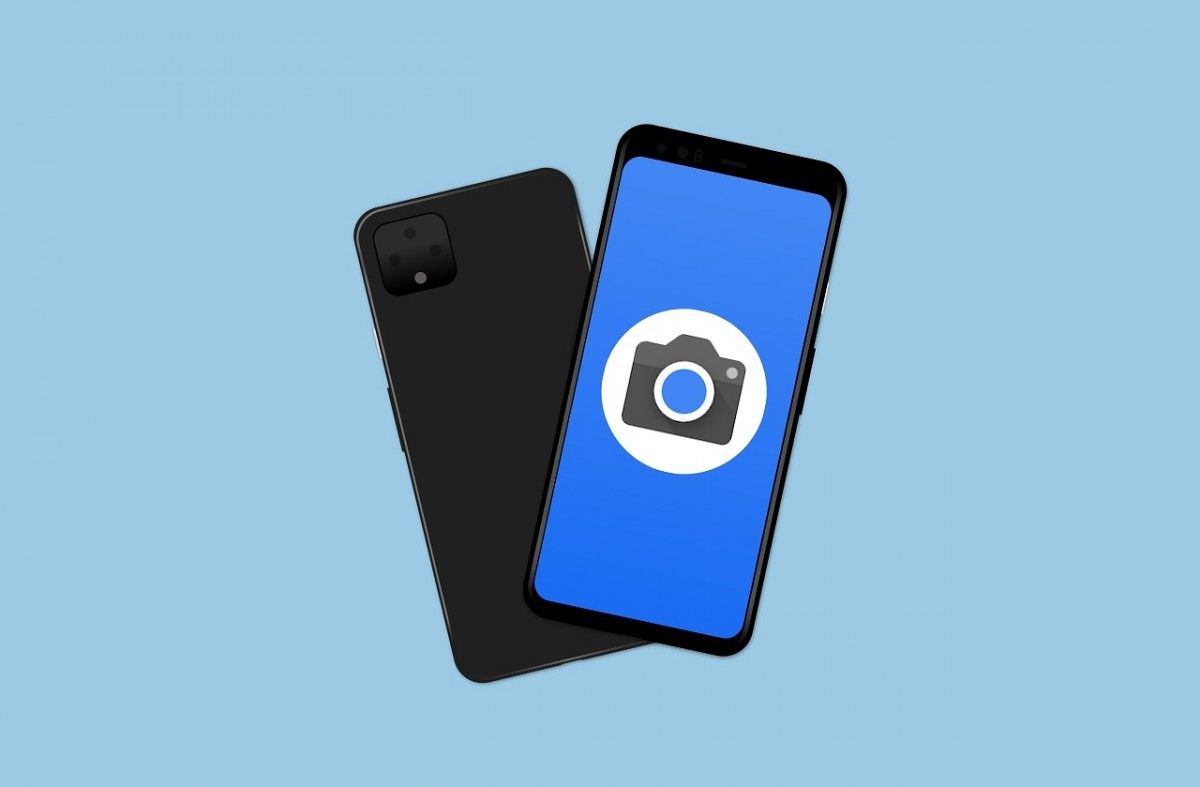If there's one thing the Pixel smartphone series is known for, it's camera supremacy. Google has never been able to claim to have the best smartphone hardware, but photography has been the Pixel brand's bread and butter. The Pixel series changed the game in terms of what we expect from smartphone cameras, and now a large part of that equation has left Google.
According to a new report from The Information, renowned engineer Marc Levoy left Google back in March. Some of you may not recognize his name, but Levoy is responsible for leading the development of many of the best features in the Google Camera app. He led the development of HDR+, Portrait Mode, and Night Sight. These three features in particular massively changed the smartphone camera landscape.
Levoy was hired by Google full-time in 2014 for his expertise in computational photography. He had previously led a project at Stanford that eventually turned in Street View for Google Maps. His relationship with Google goes all the way back to when he met co-founders Larry Page and Sergey Brin as computer science grad students at Stanford.
His abrupt exit is precipitated by news of rocky business within the Pixel team. Google's hardware lead, Rick Osterloh, told the Pixel team ahead of the Pixel 4's launch about some of the issues he had with the device. He was disappointed in the battery life, which became a common complaint among reviewers.
At a hardware team all-hands meeting in the fall, ahead of the October launch in New York, Osterloh informed staff about his own misgivings. He told them he did not agree with some of the decisions made about the phone, according to two people who were present at the meeting. In particular, he was disappointed in its battery power.
In addition, sales of the Pixel 4 were not nearly as high as the numbers posted by its predecessors. According to data analyst firm IDC, Google shipped only 2 million Pixel 4 devices in the first two quarters of sales. In contrast, the Pixel 3 series sold 3.5 million and the Pixel 3a series sold 3 million in their respective first two quarters. Compared to Apple and Samsung, these numbers aren't particularly good, but the downward trend is what's especially concerning.
Google must now march ahead with the Pixel 4a and Pixel 5 launches without one of its brightest minds helming the development of new Google Camera tech.
Source: The Information

